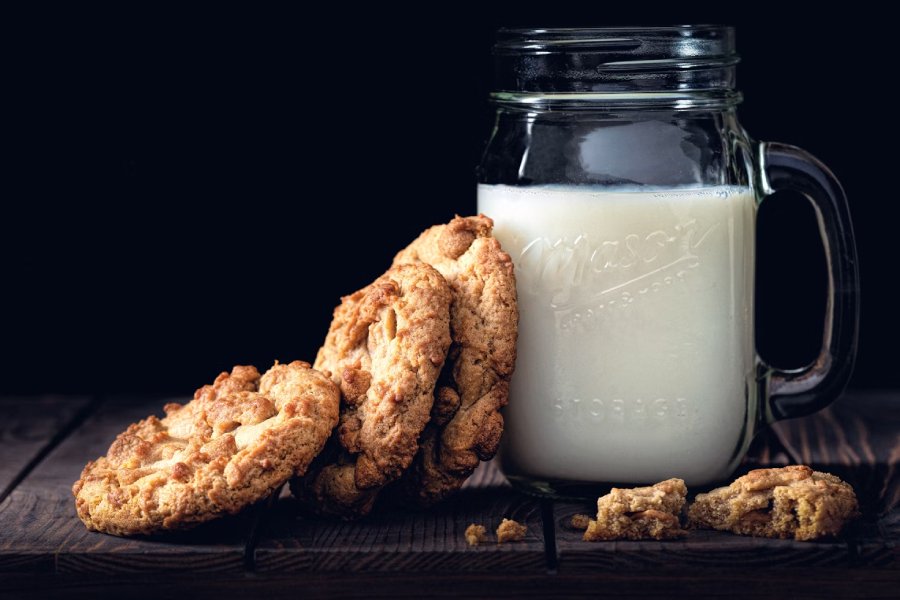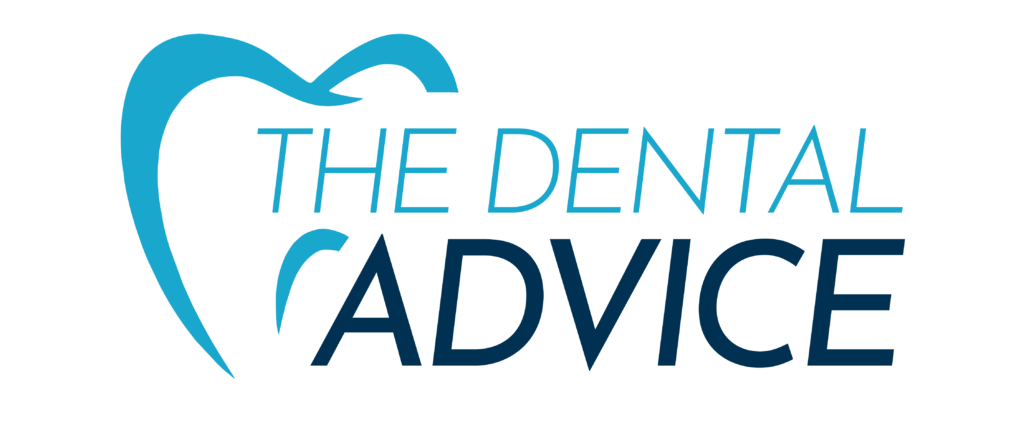Dental implantation is a surgical procedure that involves placing artificial tooth roots into the jawbone. These roots, which are typically made of titanium, serve as anchors for replacement teeth, such as crowns, bridges, or dentures. Dental implants offer several advantages over traditional bridges and dentures, including:
- Improved appearance: Dental implants look and feel more natural than traditional bridges and dentures. They are also more stable, so you won’t have to worry about slipping or the risk of moving around in your mouth.
- Improved speech: Traditional dentures can sometimes slip and slide, which can make it difficult to speak clearly. Dental implants are stable and secure, so you can speak with confidence.
- Improved oral health: Dental implants help to preserve the jawbone, which can prevent facial collapse and other health problems. They also make it easier to keep your teeth clean, which can help to prevent gum disease.
- Improved quality of life: Dental implants can give you back the ability to eat and speak normally, which can significantly improve your quality of life.
The Dental Implantation Procedure

The dental implantation procedure is typically performed in two stages. In the first stage, the surgeon places the implant into the jawbone. The implant then needs to time to fuse with the jawbone, which can take several months.
Once the implant has fused with the jawbone, the second stage of the procedure can be performed. In this stage, the surgeon attaches a post to the implant. The post then serves as an anchor for the replacement tooth.
Who is a Candidate for Dental Implantation?
Dental implantation is a viable option for most people who are missing teeth. However, there are a few factors that can affect your candidacy for the procedure, such as:
- Your overall health: You need to be in good overall health to undergo surgery.
- Your jawbone health: You need to have enough healthy jawbone to support the implant.
- Your oral hygiene: You need to be committed to maintaining good oral hygiene after the procedure.
If you are considering dental implantation, it is important to schedule a consultation with a qualified dentist or oral surgeon to discuss your individual needs and goals.
The Benefits of Dental Implantation

There are many benefits to dental implantation, including:
- Improved appearance: Dental implants look and feel more natural than traditional bridges and dentures. They are also more stable, and less of slipping or moving around in your mouth.
- Improved speech: Traditional dentures can sometimes slip and slide, which can make it difficult to speak clearly. Dental implants are stable and secure, so you can speak with confidence.
- Improved oral health: Dental implants help to preserve the jawbone, which can prevent facial collapse and other health problems. They also make it easier to keep your teeth clean, which can help to prevent gum disease.
- Improved quality of life: Dental implants can give you back the ability to eat and speak normally, which can significantly improve your quality of life.
Can I Drink Milk After Tooth Extraction
Tooth extractions are a common dental procedure, and while they are generally safe and effective, there are a few things to keep in mind for a smooth recovery. One of the most frequently asked questions is: can I drink milk after tooth extraction?
The answer, like many things in medicine, is not a simple yes or no. It depends on several factors, including:
- The type of extraction: Simple extractions, where the tooth is visible above the gumline, are less likely to cause complications than surgical extractions, which involve removing bone or tissue.
- Your individual health: If you have any underlying health conditions, such as diabetes or a weakened immune system, your dentist may advise you to avoid dairy products for a longer period.
- Your dentist’s instructions: Ultimately, the best way to know whether or not you can drink milk after tooth extraction is to follow your dentist’s specific instructions.
Why the Confusion Around Milk and Tooth Extractions?

There are a few reasons why there is some confusion about whether or not milk is safe to drink after tooth extraction. One reason is that dairy products contain lactose, a sugar that can be difficult for some people to digest. This can lead to bloating, gas, and diarrhea, which can be uncomfortable after surgery.
Another reason is that milk can form a film on the teeth, which can trap bacteria and increase the risk of infection. This is especially important after tooth extraction, as the extraction site is an open wound that is more susceptible to infection.
So, Can I Drink Milk After Tooth Extraction?
As mentioned earlier, the answer depends on several factors. However, in general, it is best to avoid dairy products for at least the first 24 hours after tooth extraction. This will give the extraction site time to start healing and reduce the risk of infection.
After 24 hours, you can start to slowly reintroduce dairy products back into your diet. However, it is important to listen to your body and avoid anything that causes you discomfort. If you experience any pain, swelling, or bleeding after drinking milk, stop drinking it immediately and contact your dentist.
Here are some additional tips for drinking milk after tooth extraction
- Drink it cold: Cold milk can help to numb the extraction site and reduce pain.
- Sip it slowly: This will help to prevent the milk from forming a film on your teeth.
- Use a straw: This will help to keep the milk away from the extraction site.
- Brush your teeth and rinse your mouth after drinking: This will help to remove any milk residue from your mouth.
Alternatives to Milk After Tooth Extraction

If you are unable to drink milk after tooth extraction, there are plenty of other nutritious alternatives. Here are a few suggestions:
- Water: Water is always the best choice for hydration.
- Fruit juices: Choose juices that are low in sugar and acidity.
- Vegetable juices: Vegetable juices are a great source of vitamins and minerals.
- Clear broths: Broths are a good way to get fluids and electrolytes.
- Yogurt: Yogurt is a good source of protein and calcium, but be sure to choose plain yogurt that is low in sugar.
Additional:
- Can I Eat Mac And Cheese After Tooth Extraction?
- How Long After Wisdom Teeth Removal Can I Eat A Burger?
- The Alumni Of Distinction Award From The UM School Of Dental Hygiene Alumni Association Will Be Held On September 22.


